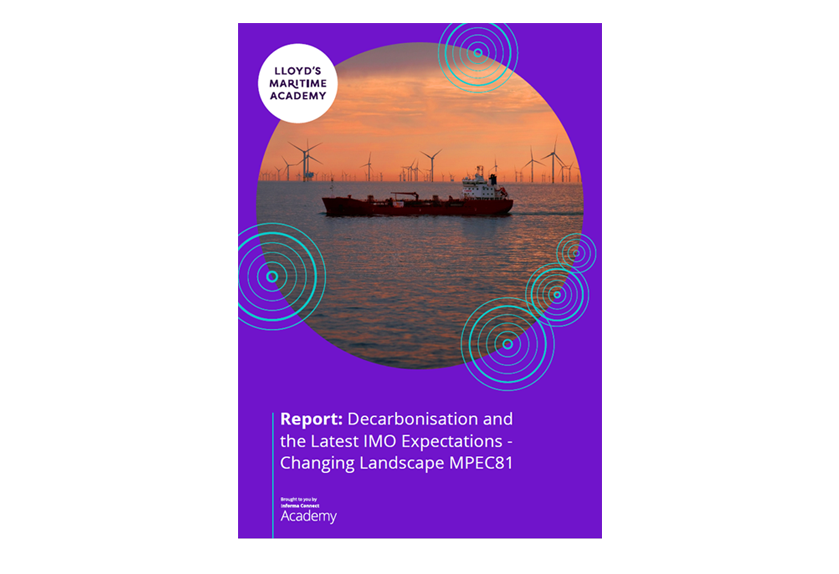
Webinar Part 1 – Decarbonisation Dilemma: Regulations, Risks & Realities
Explore the pressing challenges of decarbonisation in shipping, focusing on the technical, crewing, and legal perspectives. Discussions highlight the uncertainties surrounding alternative fuels, emission reduction technologies, and the human factors involved in transitioning to greener operations.

Webinar Part 2 - Solving the Pathway: Profitable Routes to Decarbonisation
Building on the discussions from Webinar Part 1, this webinar provided actionable insights and solutions for achieving net-zero emissions in shipping. Experts delved into existing technologies, operational strategies, and training frameworks that can prepare the industry for 2030 and beyond. You will gain clarity on how to retrofit fleets, develop inclusive training programmes, and address legal risks associated with decarbonisation. This session will help equip you with practical tools and strategies to navigate the green transition effectively.

🎙️Sailing Towards Net Zero
Discover how the maritime industry is tackling the challenges of decarbonisation and digitalisation in our podcast episode Sailing Towards Net Zero with Anna Kaparaki, maritime law expert and Course Director for our MSc in Sustainable Maritime Operations. You will explore:
➤ Cutting-edge technologies like AI, IoT, and digital twins driving greener operations
➤ The impact of global regulations like IMO frameworks and EU ETS on shipping sustainability
➤ Real-world examples of decarbonisation initiatives and circular economy strategies
➤ Career opportunities in ESG compliance, green finance, and sustainable maritime management
Whether you’re in maritime, logistics, sustainability, or education – this is essential listening on the industry’s path to net zero.
Listen on Spotify | Listen on Apple Podcasts | Listen on Amazon Music

Report: Decarbonisation and the Latest IMO Expectations
Download our latest report where we provide a comprehensive analysis of maritime decarbonisation, detailing the urgency of reducing emissions, current initiatives, future goals for 2030 and 2050, and the readiness of renewable technologies and alternative fuels.

